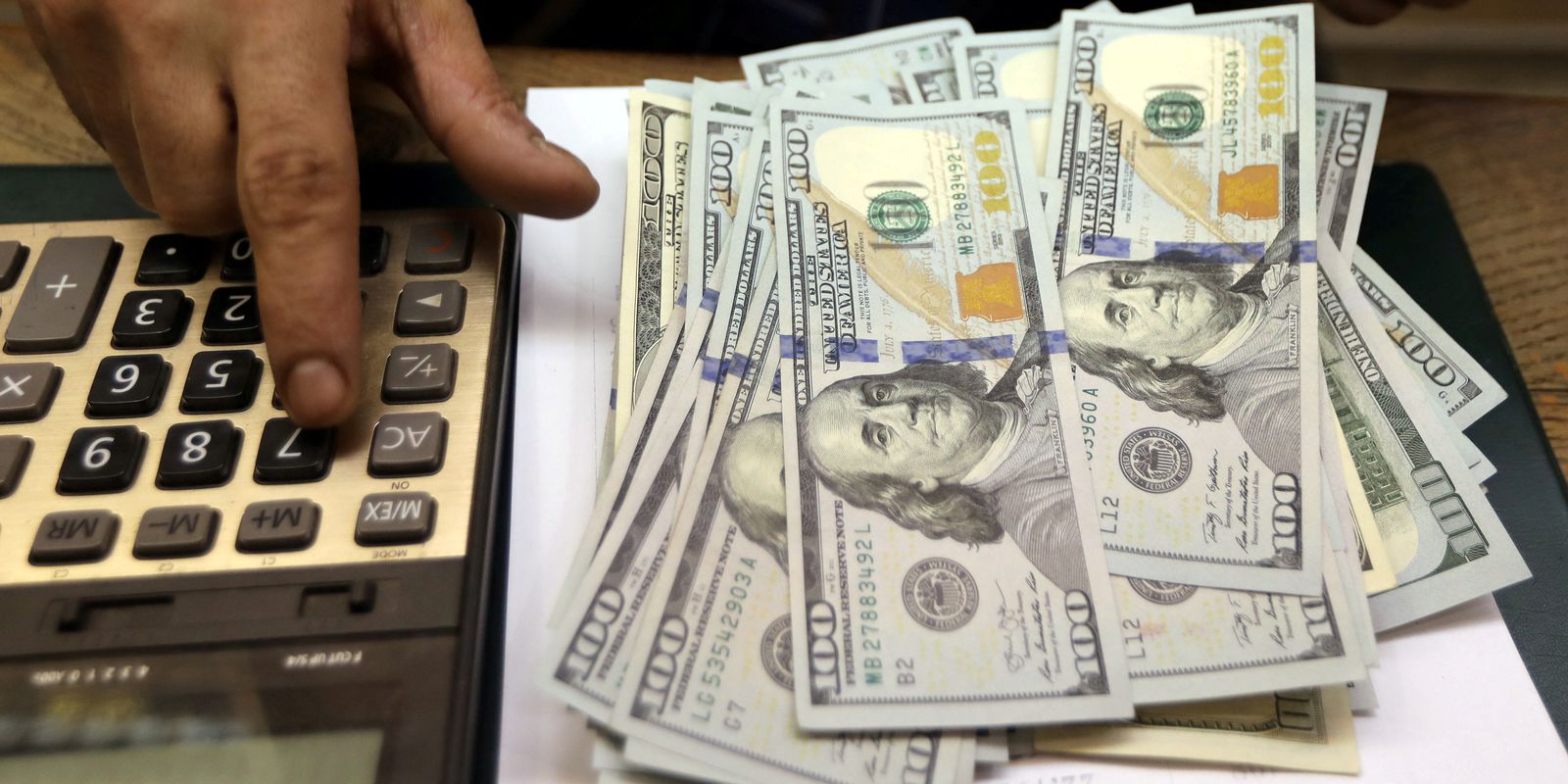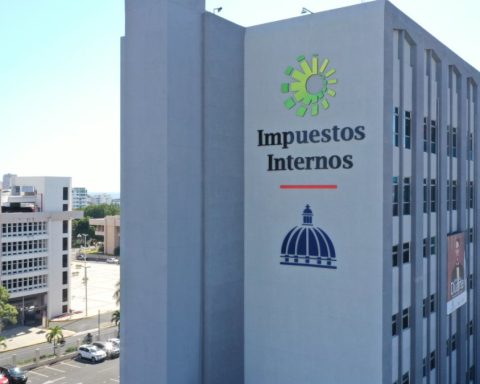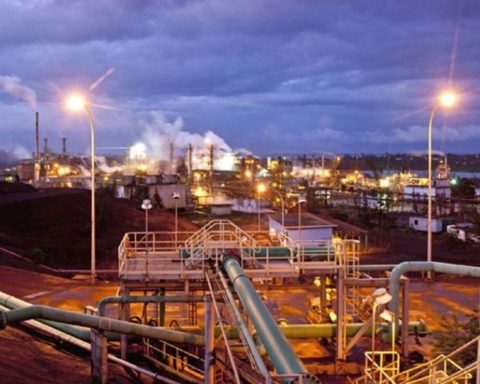In a day of turmoil in the domestic and foreign markets, the dollar surpassed R$5.10 and closed at the highest value in two weeks. The stock market fell sharply and closed at the lowest level since the end of January.
The commercial dollar closed this Monday (14) sold at R$ 5.12, up by R$ 0.066 (+1.3%). The price started the day low, fell to R$ 5.03 around 10 am, but rose shortly after the opening of the North American market. At the peak of the day, around 3:30 pm, it reached R$ 5.14.
The US currency closed at its highest value since February 25, when it had been sold at R$5.15. Despite today’s high, the currency accumulates a drop of 0.7% in March. In 2022, the decline reaches 8.18%.
Tensions were also felt in the stock market. The B3 Ibovespa index closed at 109,928 points, down 1.6%. The indicator is at the lowest level since January 24, but still accumulates a high of 4.87% this year.
In the foreign market, three factors contributed to the instability in the market. The first was the international fall in the price of commodities (primary goods with international quotation), after the announcement that the negotiations will continue tomorrow (15), despite a pause this Monday. The fall in the price of ores and grains reduces the inflow of foreign exchange into Brazil, a major exporter of these products.
The second factor was the increase in health restrictions in China. The Asian country records the highest number of contaminations by covid-19 since the beginning of the pandemic, because of the spread of the Ômicron variant. The closure of several Chinese industrial zones increased pessimism in the international market.
The third reason for the instability in the market was expectations with the meeting of the Federal Reserve (Fed, US Central Bank). On Wednesday (16), the agency is expected to raise basic interest rates in the largest economy on the planet for the first time since the beginning of the covid-19 pandemic. Estimates point to a readjustment of 0.25 point, but some investors fear that the conflict in Eastern Europe will make the Fed raise the rate by 0.5 point, harming emerging countries, such as Brazil.
Domestically, expectations regarding the Central Bank’s Monetary Policy Committee (Copom) meeting, tomorrow (15) and Wednesday (16), and concerns about negotiations on a tax reduction on gasoline predominated. Last week, Congress passed a temporary reduction to zero of federal taxes on diesel, cooking gas and jet fuel. An extension of the measure to gasoline would reduce federal revenue by R$60 billion this year.
*With information from Reuters
















